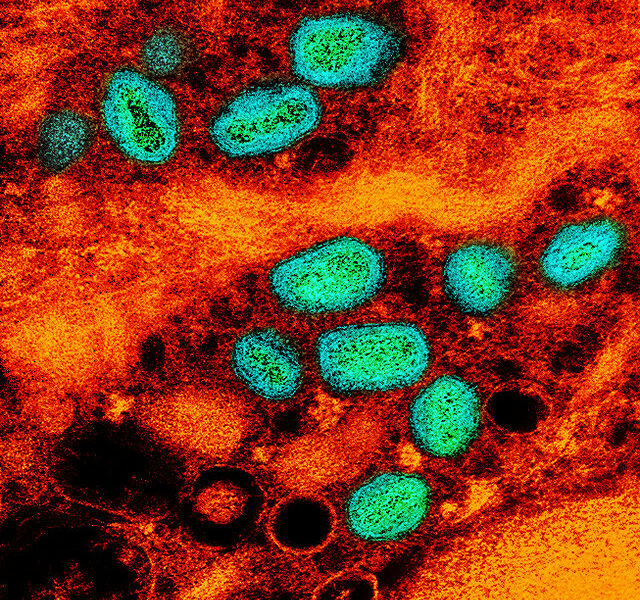This past week, a student from Sam Houston State University (SHSU) in Hunstville, TX was released from a medical facility after having been diagnosed with viral meningitis (1). Although the student has since recovered and is no longer contagious, students and community members may be concerned over the possible implications of the disease.
Viral Meningitis: What is it?
At the mention of meningitis, thoughts may jump straight to the devastating and often fatal form of the disease: bacterial meningitis. Although still serious, viral meningitis is generally less severe and as SHSU spokeswoman Julia May was quoted as saying “[Viral Meningitis and Bacterial Meningitis] are totally separate” (1). Although both viral and bacterial meningitis are infections of the meninges (the covering on the brain and spinal cord), their causes, routes of transmission, and treatments differ greatly between the two diseases.
Viral meningitis is most commonly caused by an enterovirus. The enteroviruses that may cause viral meningitis are often fecal-oral contamination (2). While less common, there are other possible causes of viral meningitis: other viruses (e.g. mumps, influenza), viruses spread via mosquitos and rarely, lymphocytic choriomeningitis virus (LCMV) caused by rodent (2). Not all enteroviruses that a person is infected with will actually cause viral meningitis, making this disease particularly uncommon.
Signs and symptoms of viral meningitis include: sudden onset of fever, headache, stiff neck, nausea, vomiting, photophobia, and an altered mental state (2). Unlike bacterial meningitis, which is treated with antibiotics (3), there is no effective treatment for viral meningitis. Most adults with viral meningitis, however, will recover with no problem.
Protecting Yourself from Infection
Outbreaks of meningitis (bacterial and viral) often occur in setting such as college campuses, where people are in close proximity to one-another. Unlike bacterial meningitis, there is no vaccine for viral meningitis. Therefore, it is important to keep yourself protected through a few simple hygiene measures (2):
1) Good hand-washing. Decontaminating your hands of fecal matter will greatly reduce the risk of becoming infected with viral meningitis.
2) Disinfecting surfaces. Surfaces can serve as fomites for enteroviruses and other infectious agents. Keep yourself protected from becoming sick by cleaning and disinfecting frequently touched surfaces.
3) Avoid kissing/sharing drinks. When you or others are sick, avoid kissing and sharing food or drink with them.
4) Get and stay vaccinated. Viral meningitis can be caused by other infections that are vaccine-preventable (such as measles, mumps and influenza).
5) Protect from mosquito bites. By wearing insect repellent and long sleeves, you can protect yourself from viral meningitis (and other diseases) transmitted by mosquitoes.
6) Rodent control. Keeping rodents out of your home reduces the risk of exposure to LCMV.
Should SHSU Students and Their Parents Be Concerned?
Despite this being a form of meningitis, viral meningitis should not raise alarm the way bacterial meningitis does. It is easily preventable and often resolves without issue in fairly healthy individuals. By keeping up good hand hygiene and other prevention practices, you’ll stay protected from viral meningitis and an array of other infectious diseases that may swarm college campuses.
1. http://houstonianonline.com/2014/10/28/officials-confirm-student-viral-meningitis-case/

